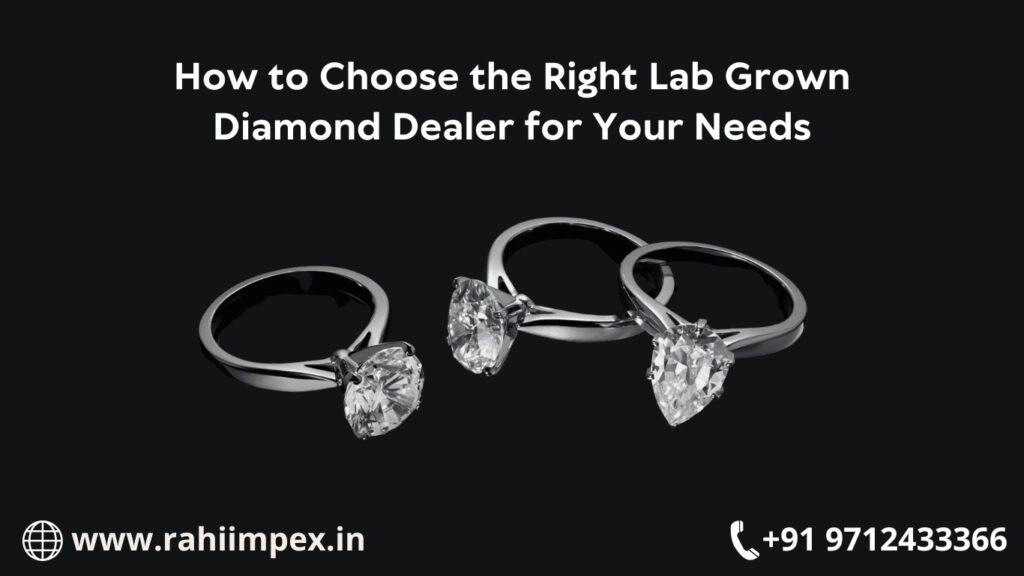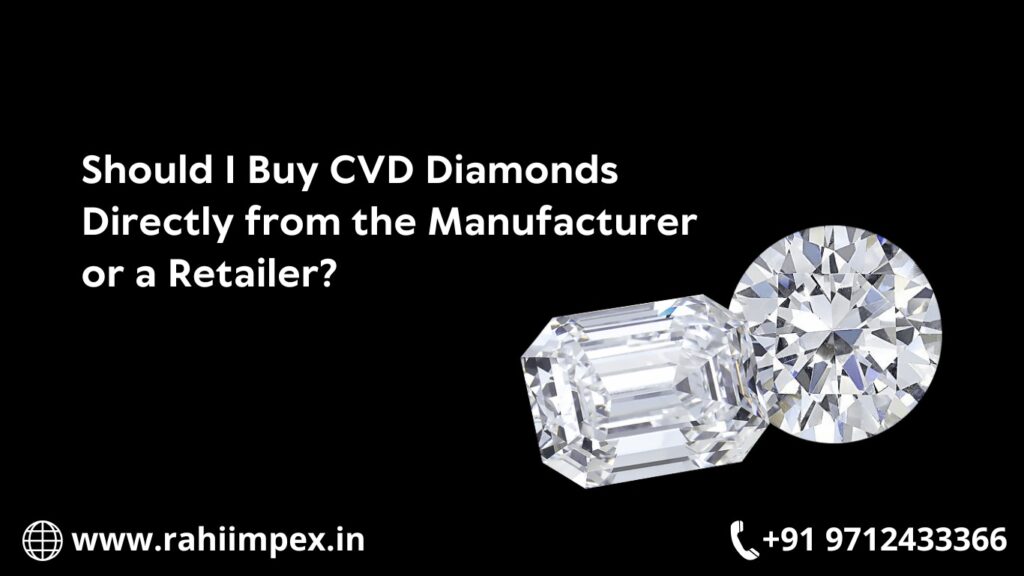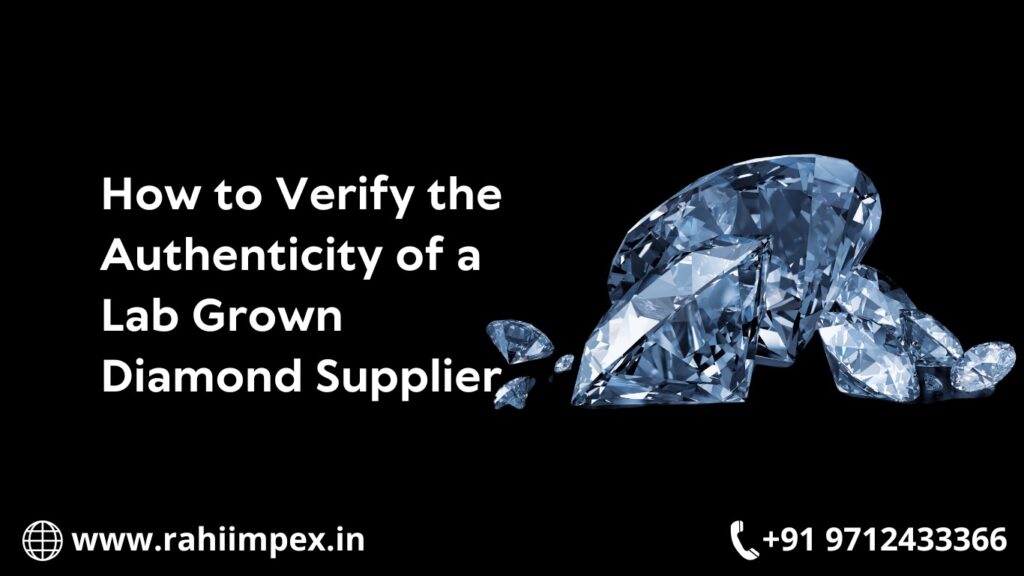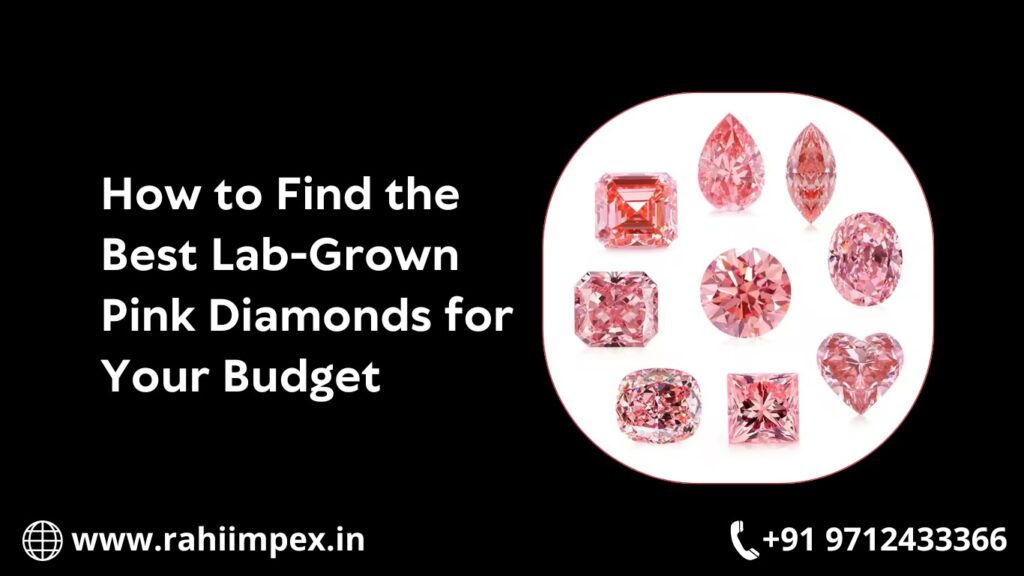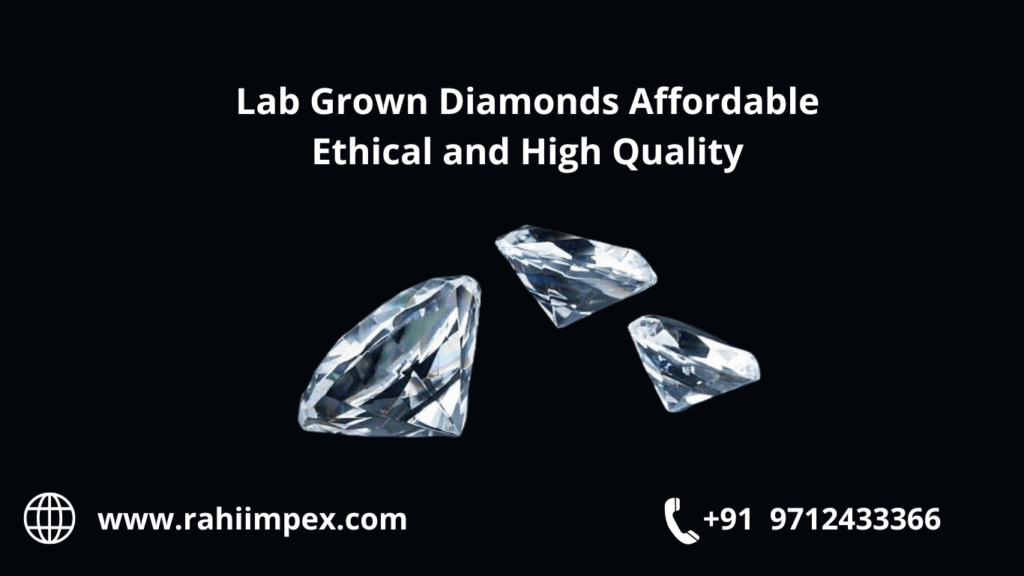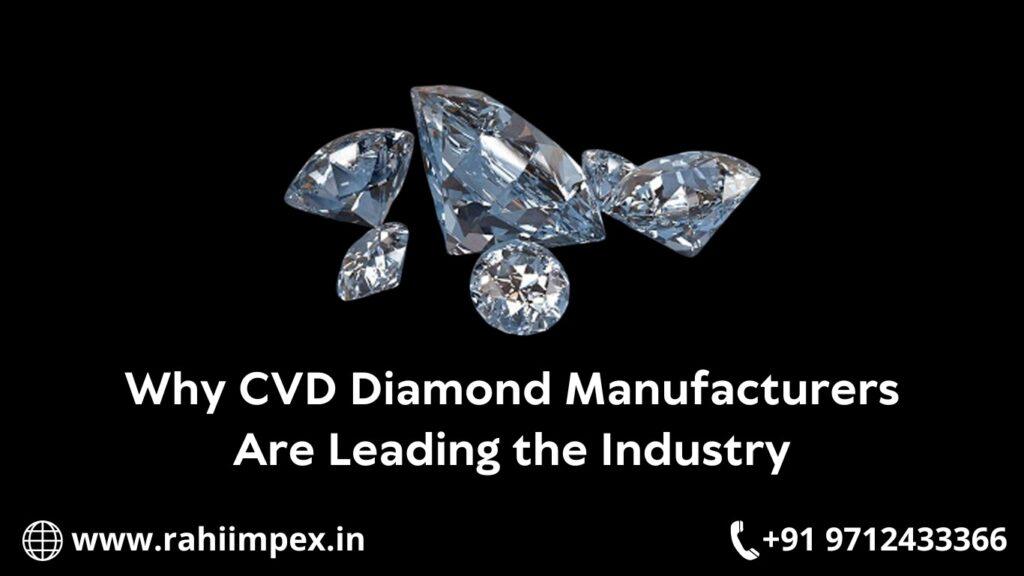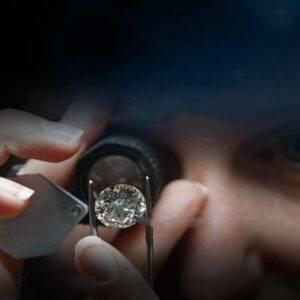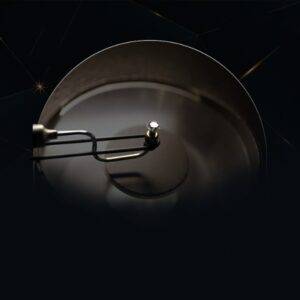How to Choose the Right Lab Grown Diamond Dealer for Your Needs
Diamonds – the precious stone that charms everyone! Yes, we are talking about the precious stone that we all want to own. But is it possible for everyone to afford it? Not always as real diamonds are really expensive. Many of us are now able to buy diamonds – thanks to the availability of the lab grown diamonds. It is the similar physical and chemical properties of the lab grown diamonds and original ones that have made these artificially created ones popular. Environmental sustainability is another factor that makes cultured diamonds popular. It is the popularity of these diamonds that the market has expanded and lots of dealers have emerged to meet the increasing demands.
There are so many culture diamond dealers available in the market and it can be really tough to choose the right dealer. You must make sure that the lab grown diamond supplier you are choosing are trustworthy. We will just dive into the matter as why it is necessary to choose a reputable lab grown diamond dealer.
The reputable lab grown diamond dealer – Why the choice is important?
The preliminary thing to consider before choosing the right dealer is why we need to choose a trustworthy dealer. It is the right dealer who will ensure that you get the diamond as per your expectations. Meeting this expectation is backed by certifications from geochemical laboratories, guarantees and warranties. Expert guidance, proper pricing and personalized customer service are the additional benefits that you can be assured of when dealing with a reputable dealer.
Choosing the right lab grown diamond dealer – The key tips
- Accreditation and certification
The very first thing to check while choosing the right lab grown diamond manufacturers is to check their accreditation and certifications. These are the basic parameters to check as only these will ensure that the things you are buying are worth buying. Make sure to check that the accreditations and certifications are from authentic authorities.
- The variety and quality factors
The lab grown diamond jewellery you intend to buy will be your precious possession. It is thus wise to choose from a wide range. The dealer that has a wide range of products according to size, shape, and color will be the right choice. It is also important to ensure that the dealer provides you with detailed information regarding the cut, clarity and carat weight of the piece you jewelry you are buying.
- The transparency factor
Any reputable lab grown diamond wholesaler will be particular in providing you with the information about the origin of the diamonds they are selling. They will also inform you about the process of production, treatments done with the piece of jewel and enhancement options. So, while choosing the right dealer, you must pay attention to the mentioned factors.
- Reviews and testimonials
It is the review of the previous customers that will speak for the standard of the lab grown diamond dealer you are going to choose. Going through the reviews and testimonials of the dealer’s reputation will give you the clearest idea. This is easy and you must not ignore this procedure before making the final choice. Any reputable lab grown diamond dealer will have a strong online presence and it will be easy to know all about them through the websites. Online and social media presence will speak loudly about their transparency as well.
Knowing these few things will help you to choose the right lab grown diamond dealer. You can then be assured of having spent your money correctly and getting the perfect thing that you are expecting.
How to Choose the Right Lab Grown Diamond Dealer for Your Needs Read More »
